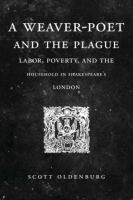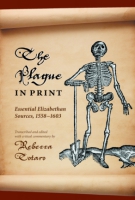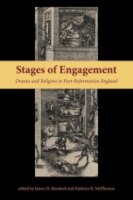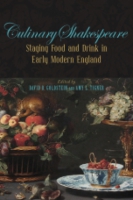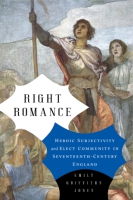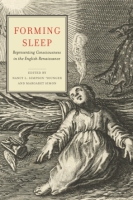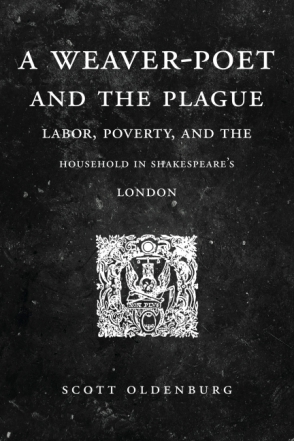
A Weaver-Poet and the Plague
Labor, Poverty, and the Household in Shakespeare’s London
Scott Oldenburg
A Weaver-Poet and the Plague
Labor, Poverty, and the Household in Shakespeare’s London
Scott Oldenburg
“[A] remarkable book, and the reorientation it offers is profound. Rather than zeroing in on a valued cultural object to put it in its contexts, A Weaver-Poet and the Plague radiates outward from London’s Mourning Garment and shows how scholars distribute foregrounds and backgrounds in the histories they build.”
- Description
- Reviews
- Bio
- Table of Contents
- Sample Chapters
- Subjects
In debt, in prison, and at odds with his livery company, Muggins was forced to move his family from the central London neighborhood called the Poultry to the far poorer and more densely populated parish of St. Olave’s in Southwark. It was here, confined to his home as that parish was devastated by the plague, that Muggins wrote his minor epic, London’s Mourning Garment, in 1603. The poem laments the loss of life and the suffering brought on by the plague but also reflects on the social and economic woes of the city, from the pains of motherhood and childrearing to anxieties about poverty, insurmountable debt, and a system that had failed London’s most vulnerable. Part literary criticism, part microhistory, this book reconstructs Muggins’s household, his reading, his professional and social networks, and his proximity to a culture of radical religion in Southwark.
Featuring an appendix with a complete version of London’s Mourning Garment, this volume presents a street-level view of seventeenth-century London that gives agency and voice to a class that is often portrayed as passive and voiceless.
“[A] remarkable book, and the reorientation it offers is profound. Rather than zeroing in on a valued cultural object to put it in its contexts, A Weaver-Poet and the Plague radiates outward from London’s Mourning Garment and shows how scholars distribute foregrounds and backgrounds in the histories they build.”
“A rich and thoughtful domestic context for anyone interested in early modern plague history.”
“A Weaver-Poet and the Plague interacts expertly with primary sources and secondary literature about the plague, the labor of poor men and women in early modern London, grief and gender. This original book offers a fascinating reading of the weaver William Muggins’s poem London’s Mourning Garment (1603) and a compelling microhistory of this poet in relation to his social network. Oldenburg offers a fresh perspective on a ‘nonaristocratic aesthetics’ of low and middling sorts of poets and prose writers.”
“Scott Oldenburg's interdisciplinary approach in A Weaver-Poet and the Plague, with its synthesis of historical detail and literary textual analysis, offers numerous insights into how plague writing related to everyday life in early modern England. The level of archival research in the manuscript, and particularly the use of parish registers, is to be applauded.”
“Oldenburg’s study is a compelling example of the benefits to be gained by attending to early modern subjects from the poorer end of the middling sort and the historical and literary traces they leave behind. Doing so, this volume demonstrates, enriches and enlivens our view of life and death in London’s parishes, and prompts reconsideration of marginal, nonelite texts that are too often read too lightly, dismissed as predictable or trite.”
Scott Oldenburg is Associate Professor of English at Tulane University. He is the author of Alien Albion: Literature and Immigration in Early Modern England.
Acknowledgments
Introduction: The Silk-Weavers’ Song
1. Company and Complaint: The Limits of Craft Identity
2. Life and Debt in the Poultry: The Communal Bonds of the Parish
3. Grief and Grievance: Communal Elegy in St. Olave’s Parish
4. The Jeremiah of Southwark: The Prophetic Poetry of William Muggins
Epilogue: The Horizon of the Past
Appendix: London’s Mourning Garment
Notes
Bibliography
Index
Download a PDF sample chapter here: Introduction
Mailing List
Subscribe to our mailing list and be notified about new titles, journals and catalogs.
